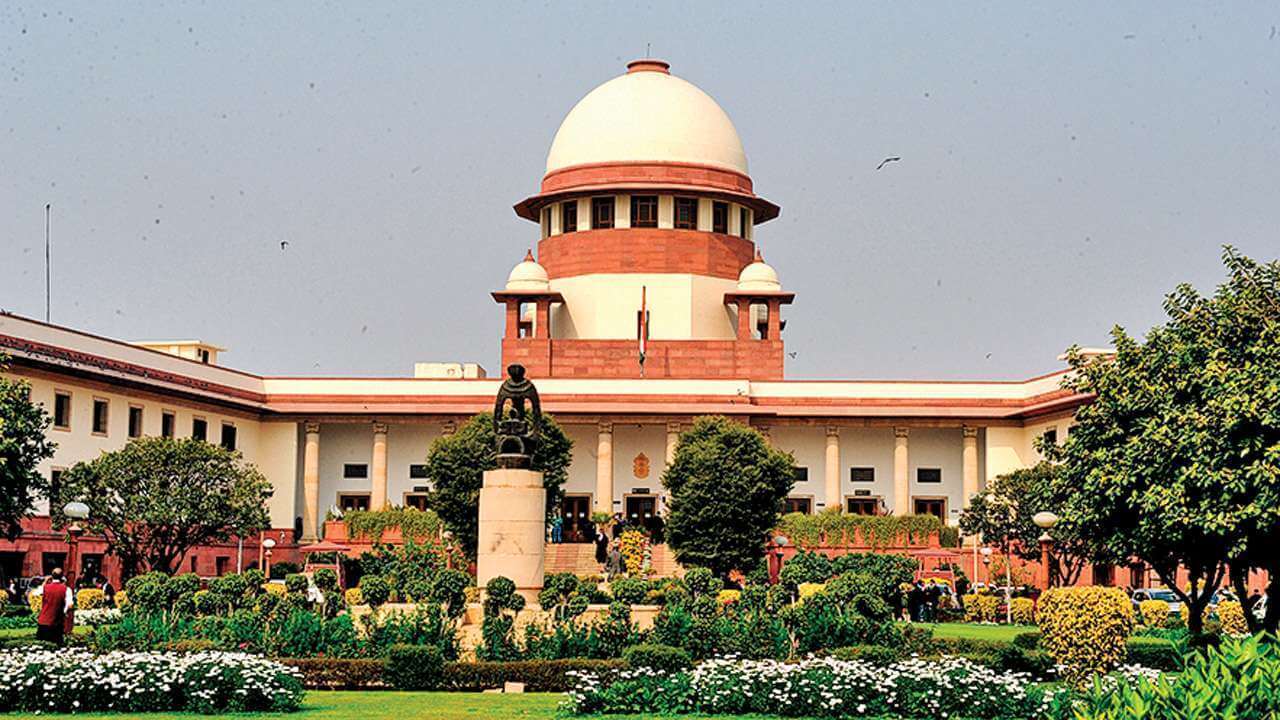WHAT IS PREAMBLE? IS PREAMBLE A PART OF THE CONSTITUTION? CAN PREAMBLE BE AMENDED?
Introduction:
The word ‘Preamble’ derived from Latin word ‘Preambulus’ which means ‘to go before’, ‘introduction’.
Preamble:
The Preamble indicates the source from which the Constitution comes. It is ordained by the people of India through their representatives assembled in a sovereign Constituent Assembly. The preamble declares clearly that it is the people of India who have adopted, enacted and given to themselves the Constitution.
According to K.M. Munshi, “Preamble is the Horoscope of the Constitution”. According to Thakur Das Bhargava, “Preamble is the soul of the Constitution”. According to N. A. Palkivala, “Preamble is the identity card of the Constitution”. The idea of the preamble came into force form the Constitution of USA. The preamble of the Indian Constitution is based on the ‘Objective Resolution’ written by Jawaharlal Nehru which was introduced on 13 th December 1946 and was accepted on 22 nd January 1947 by the Constituent Assembly.
The Preamble describes the nature of the Constitution as Sovereign, Socialist, Secular, Democratic and Republic and the objectives which are Justice, Liberty, Equality and Fraternity. Sovereign – India has full authority in all its internal and external matters and has not to bow to any outside superior power. Sovereignty in India vests in the people of India. Socialist – The word ‘Socialist’ was added by the 42nd Constitutional amendment 1976. Socialism means a welfare state, which is elimination of inequality in income and status and standards of living. In other words, “free from all forms of exploitation – social, economic and political”.
Secular:
This word also inserted in the Preamble by the 42nd Constitutional Amendment, 1976. It implies that the State does not have any particular religion as such, it is not irreligious or anti-religious body, it gives equal freedom to all religions and the citizens can practice profess and propagate any religion. The meaning sought to be given to the term has been that of Sarva Dharm Sambhavna i.e. treating all religions alike or giving equal respect to all religions.
Democracy:
It means ‘government by the people’ as against monarchy or dictatorship. India has adopted indirect democracy which is, “representative parliamentary democracy” the government will be formed by the will of the people. All the citizens irrespective of their religion, race, caste, sex or place of birth who are of 18 years and above having the right to vote and the executive being responsible to the Lok Sabha.
Republic:
According to the Constitution, the Prime Minister of the India is the Real Head and the President of India plays the Nominal Head of the country. It implies there is no hereditary ruler and the head of the State is elected by the people for a fixed term. Preamble a part of the constitution:
The first case was:
- A.K Gopalan v. State of Madras, AIR 1950
It was contended that the preamble to our constitution which seeks to give India a ‘democratic’ constitution should be the guiding start. - In Re: Berubari Union Case, 1960
The Supreme Court held that the preamble had never been regarded as the source of any substantive power conferred on the government or on any of its departments.
Preamble is a key to the minds of the framers of the Constitution. - Keshvananda Bharathi Case, 1973
In this case the Supreme Court attached much importance to the preamble. A majority of the full bench held that the objectives specified in the preamble contain the basic structure of our constitution, which cannot be amended in exercise of the power under Article 368.
Hence Preamble happened to be important part of the constitution.
Preamble is a part of the Constitution. It cannot be amended as it is a basic feature of
the Constitution. - Union Government vs. LIC, 1995
In this case the Supreme Court has once again held that Preamble is the integral part of the Constitution but is not directly enforceable in a court of justice in India.
The Preamble serves the following purposes:
- It indicates the source from which the Constitution comes, viz., the people of India.
- It declares the rights and freedoms which the people of India intended to provide to
all citizens and the basic type of government and polity which was to be established.
Amenability of Preamble:
The issue that whether the preamble to the constitution of India can be amended or not was raised before the Supreme Court in the famous case of Keshvananda Bharati v. State of Kerala, 1973
The Supreme Court has held that Preamble is the part of the constitution and it can be amended but, Parliament cannot amend the basic features of the preamble.
The preamble to the Indian constitution was amended by the 42nd Amendment Act, 1976 whereby the words Socialist, Secular, and Integrity were added to the preamble by the 42nd Amendment Act, 1976, to ensure the economic, justice and elimination of inequality in income and standard of life.
Conclusion:
As in conclusion it can be said that the Preamble of The Indian Constitution reflects the ideas and thoughts of the Constitution in brief.
